In writer-director Barry Jenkins’ Moonlight, character is destiny. What Jenkins has accomplished with his second feature is nothing short of remarkable, mining difficult subject matter for a story that transcends its narrative details. While those details would be salaciously compelling enough for most directors, Jenkins goes deeper to find the heart of his film’s emotional journey, providing a riveting glimpse into how culture and environment inexorably shape us all in ways both unexpected and inevitable. Almost unendurably intimate, Moonlight tells the story of a young gay black man growing up in the projects without sensationalizing its protagonist’s sexuality or socioeconomic status, leaving room for a sensitive and revealing character study that will resonate with moviegoers regardless of their individual circumstances.
Adapting from Tarell Alvin McCraney’s stage play In Moonlight Black Boys Look Blue, Jenkins studies identity from a nuanced perspective that leaves no room for prejudicial preconceptions. Structurally, the film functions as three distinct chapters chronicling the evolution of a young boy struggling to reach adulthood while in constant conflict with his environment and a profound inner turmoil surrounding his sexuality. This tripartite structure is delineated by the protagonist’s various names, his designations shifting as his sense of self is gradually beaten into submission by the people and events that make up his experience of life. The film’s primary visual motifs, water and moonlight, allude to the fluidity of identification and its subservience to the inexorable pull of forces beyond the capacity of the individual to control or even fully comprehend, yet the film never comes across as heavy-handed or self-important, instead allowing its protagonist to be accepted on his own merits.
The first act is entitled “Little,” the pejorative epithet ascribed to a boy of about nine by the bullies that constantly plague him. A quiet boy, Little is taken in by a local drug pusher named Juan (an outstanding Mahershala Ali) who serves as a surrogate father figure and provides the child with the sole source of stability in his tumultuous life. By the time Little adopts his given name Chiron (pronounced Shy-RONE) in the second act, the boy’s mother has spiraled into crack addiction and Juan has long since died off screen. Under constant threat of violence from his peers, adolescent Chiron struggles to understand his nascent attraction to a school friend while navigating a brutal world that could destroy him for no other reason than his otherness. Out of that furnace comes the prison-hardened “Black,” Chiron in his mid-twenties, having adopted the illicit carrier path and affectations of power he watched Juan exhibit in his youth.
This character arc may sound straightforward on paper, but in execution it’s anything but. The three actors that portray Chiron (Alex Hibbert as Little, Ashton Sanders as teen Chiron, and Trevante Rhodes as Black) are all exceptional, creating a continuity of performance through consistently employed gestures and body language. Their shared embodiment of the character affectively establishes the subversion of the self that Chiron must undergo to survive his harsh world, and it’s heartbreaking to watch. The supporting cast is critical to the success of this endeavor, as Ali’s portrayal of Juan proves essential to establishing a fundamental dichotomy inherent to masculinity, the capacity to be both nurturing and exploitative. Conversely, Naomie Harris’ bravura turn as Chiron’s beleaguered mother Paula undermines the myth of the infallible matriarch, delivering a devastating character arc in just a handful of scenes. The juxtaposition of these influential figures in Chiron’s evolution provides startling insight into the forces that unconsciously shape who we are, for better or for worse. There really are no weak performances in this film, suggesting that the cast understood the significance of the story they were tasked with telling and poured their souls into the process.
Like the Chiron of Greek myth, the protagonist of Moonlight functions as a guide and mentor to the audience, teaching through example the ways in which our superficial perceptions of other human beings can do a great injustice to our understanding of the person beneath the persona. If the majority of the film seems largely devoid of hope, the resolution at least provides some respite from the relentless striving for actualization and individuation that Chiron’s inner nature must undergo throughout his story. This film is not strictly an explication of what it means to be black and gay in contemporary American culture, but also provides a deeper glimpse into what it means to retain one’s humanity in a world that has always been cruel and unforgivingly capricious to those who deviate from normative societal roles. Though things may seem obscure in the moonlight, all it takes is a closer look to reveal the hidden truth, and Jenkins has accomplished something magnificent in the service of such truth. Rated R for some sexuality, drug use, brief violence, and language throughout.
Opens Friday at Fine Arts Theatre.




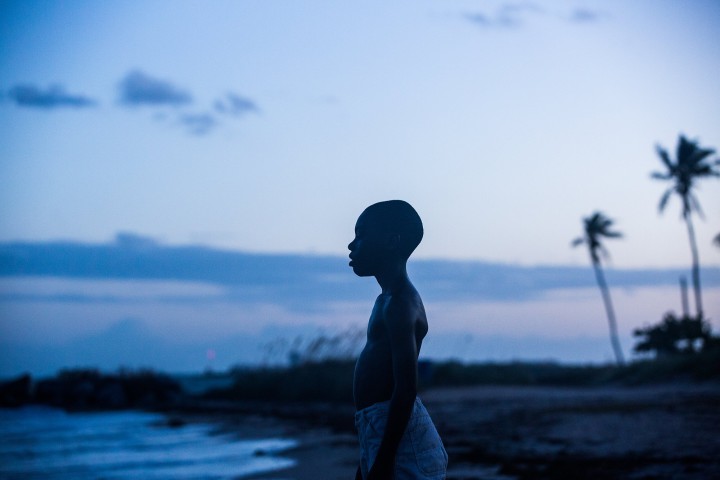
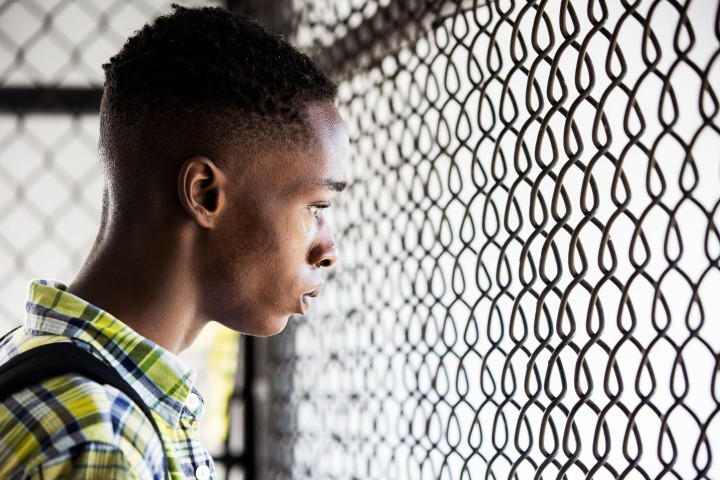
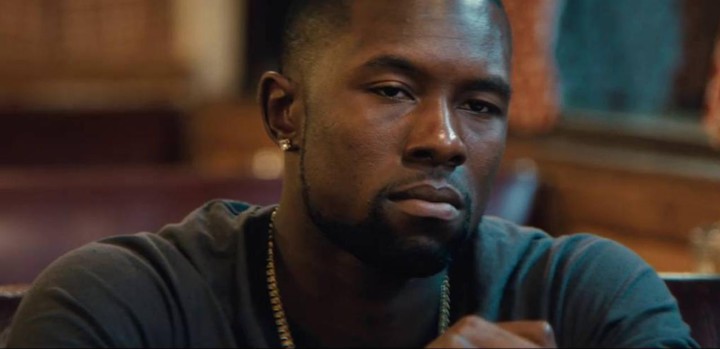
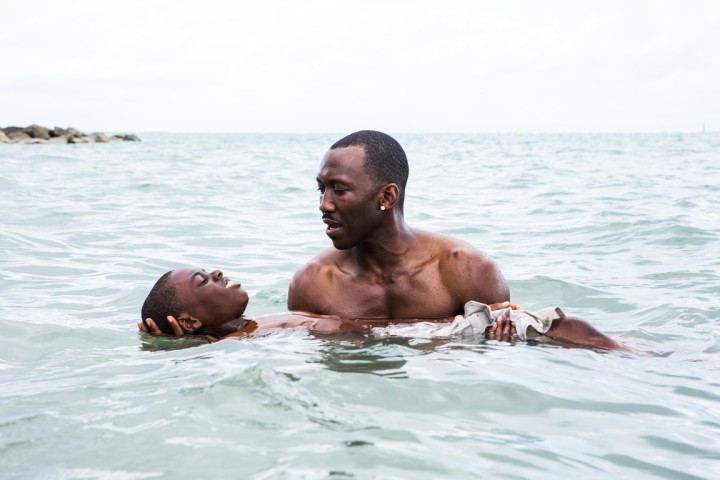
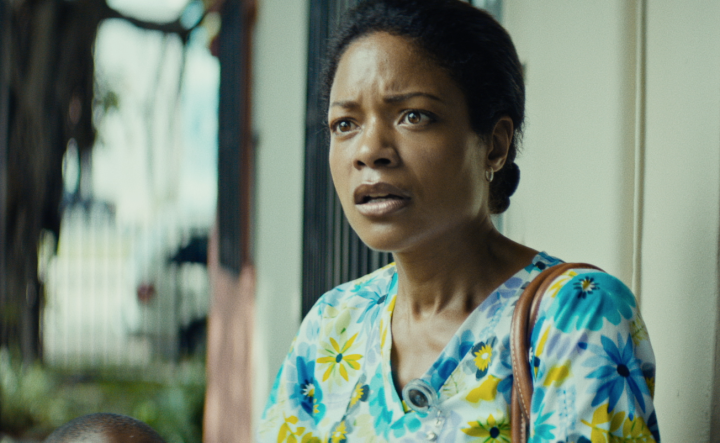
Is this going to be playing through Thanksgiving weekend?
Yes — Loving will be replacing A Man Called Ove on Thanksgiving at Fine Arts, but Moonlight will stick around.